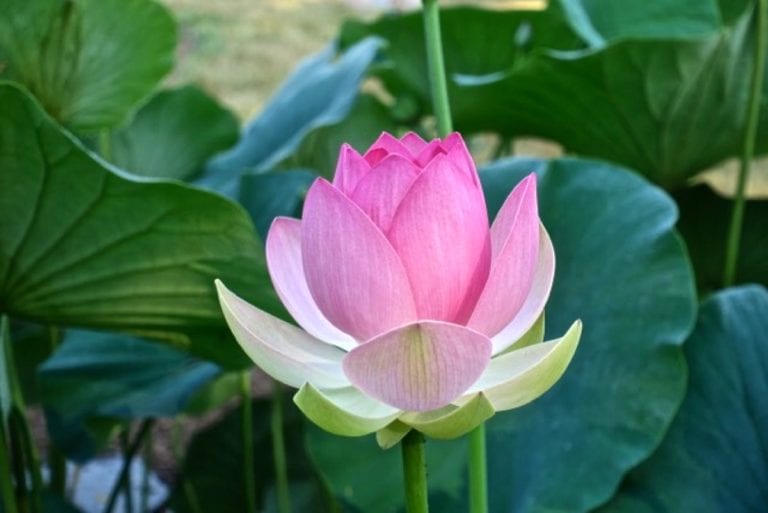716th Week: Blaming the Victim
One of the books from graduate school that powerfully impacted me was “Blaming the Victim”. I was in a class where I focused my work on shame—collective and individual—and got deeply immersed in how we tend to blame the victim as a way to validate our beliefs and actions. The impact of that class, and particularly the above book, has never left me. It started me on a 40+ year journey of tracking my own internal process of judging and blaming, catching myself when I can and challenging my own rationalizations about what’s happening to people locally and around the world. Even with this practice, I know that there are countless times when I engage in blaming the victim, unaware of my own biases and limiting beliefs.
As I watch the current situation in the United States—and we are not alone in our mistreatment of people we consider to be “other”—I not only feel deep heartache and distress, but am also keenly aware of how vividly a “blaming-the-victim” mentality seems to have captured the minds of those in power. That this stance lacks empathy goes without saying. The deeper problem is that blaming victims allows us to remain unaware of our privilege, of our seemingly justifiable disconnection from the suffering of others.
I’ve written many times about the Buddhist practice of Lovingkindness, which recognizes that all beings, not only all people, want the same things: to be happy and to be free from suffering. When we blame the victim, we allow ourselves to forget that everyone seeks these basic experiences. My website has a written version of this meditation, if you’d like to explore it further: https://www.nancynapier.com/1999/01/09/loving-kindness-meditation/
For this week’s practice, I invite you to track your own tendency to blame the victim. In a powerful way, blaming the victim allows us to disconnect and not feel the suffering of others. As you track your responses, if you find yourself engaging in blaming the victim, take a moment to ask yourself what you would feel if you were to touch into what you imagine the person is experiencing, what they may need, what might have driven them to be in the situation that causes you to blame them.
Be sure to be gentle with yourself as you do this practice, as most of us are conditioned to disconnect because of judgments from time to time. Notice if anything changes if you were to take on a practice such as Lovingkindness and do it at the beginning of your day, in a sense setting a tone for the day, a filter or perspective through which you can experience and interpret what comes your way.
One of the mindfulness-based practices I’ve taken on for years now is learning to stop paying attention to a thought mid-sentence, if necessary, once I become aware that it disconnects me from my sense of relatedness and interdependence with the world, people, and other beings around me. Because every moment offers a new choice, it’s never too late to shift from thoughts that blame to something more connected, something more heart-centered.
As with all these practices, there is no right way to do this one. Rather, it’s an opportunity to track your internal responses and the “contents of consciousness” that arise and move through your awareness. Remember to bring along curiosity as your constant companion and to pat on the head any judgments that may arise, allowing them to float on by and then out of awareness altogether.



